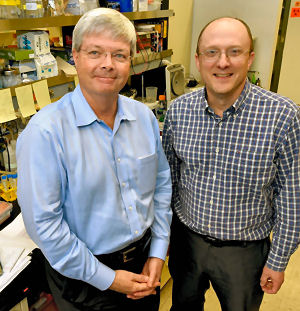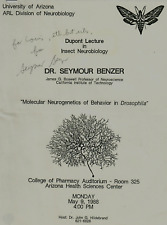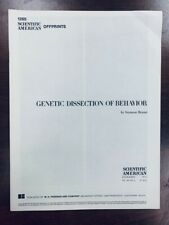
A rare genetic disorder may lead scientists to genes for social behavior, a Salk Institute study has found.
The study takes aim at the genes that may lead to the marked extroverted behavior seen in children with Williams syndrome, demonstrating that “hyper-sociability” – especially the drive to greet and interact with strangers – follows a unique developmental path.
The path is not only different from typical children but also from children with other developmental disorders of the nervous system. The study appears in the American Journal of Medical Genetics.
Teresa Doyle and Ursula Bellugi of the Salk Institute, along with Julie Korenberg and John Graham of UCLA and Cedars-Sinai Medical Center, found that children with Williams syndrome scored significantly higher on tests measuring behavior in social situations, including their ability to remember names and faces, eagerness to please others, empathy with others’ emotions and tendency to approach strangers.
The authors also performed genetic screening on a young girl to look for genetic underpinnings of this pronounced social behavior.
Williams syndrome is rare, occurring in only one in every 20,000 people. It arises from the deletion of no more than 20 genes from one chromosome of the seventh chromosome pair.
Virtually everyone with Williams syndrome has exactly the same set of genes missing. People with the disorder have characteristic facial and physical features, certain cardiovascular problems and mild to moderate mental retardation.
However, in addition to their very extroverted natures, as adults Williams patients also possess unusually adept language skills given their level of general cognitive abilities. Bellugi and her laboratory have been studying the syndrome for years in an effort to understand how language is processed in the brain and what genes may be involved.
Very rarely, an individual with Williams syndrome has a slightly smaller or larger gene deletion than is typical for the syndrome. The researchers analyzed the genetic deletion of a two-year-old girl with Williams syndrome who did not exhibit this especially outgoing behavior.
She was shy around strangers, and scored significantly lower on sociability measures, much more resembling 2-year-old children without Williams syndrome. It was found that this girl retained at least one gene that most people with the disorder have missing. This indicated that the gene (or genes) she retained might be altering the hyper-sociability usually observed among children with Williams syndrome.
“We don’t know at this point whether these genes are involved in regulating social behavior in the general population, or whether their involvement is specific to Williams syndrome,” said Bellugi. “We will need to conduct tests in more patients who do not have all the gene deletions seen in typical Williams syndrome, and compare and contrast genetics and behavior.”











Comments are closed.